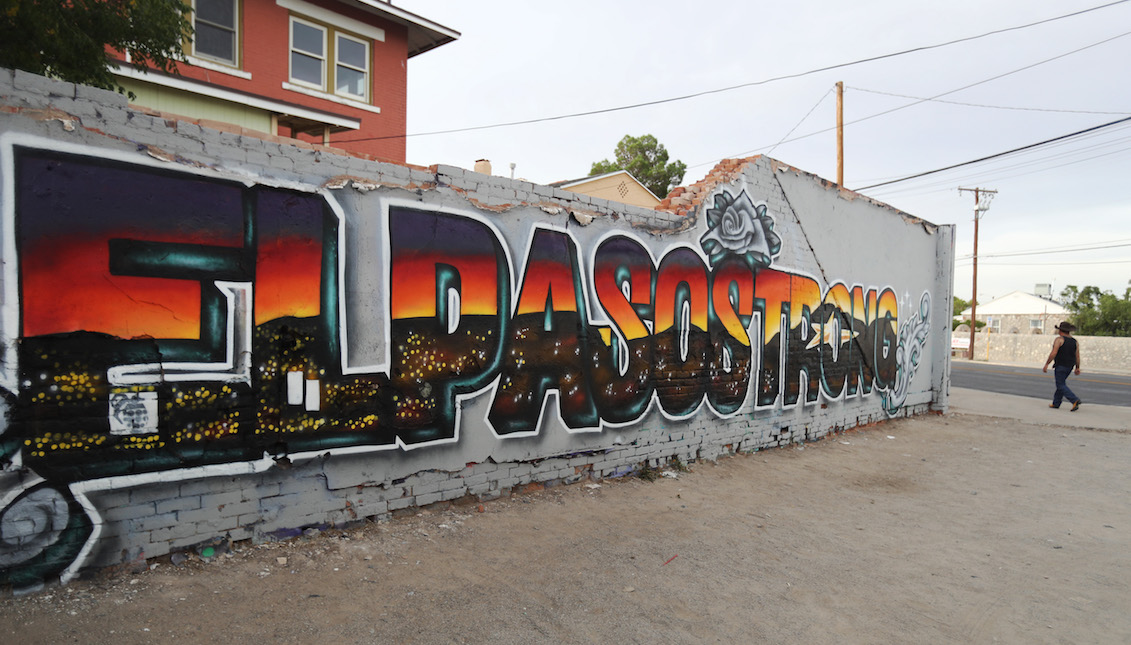
The problem with El Paso’s media aftermath
The attack on the Latino community in El Paso is the latest evidence of a long-standing problem — and the media could be making matters worse.
A couple of days ago Graciela Mochkofsky wrote a powerful essay for the New Yorker where she called for defending Latino visibility in the United States.
The renowned journalist highlighted how the color of the skin and the use of Spanish in public spaces had become two important triggers for hate crimes in the country.
More importantly, Mochkofsky emphasized the fear unleashed by the Trump administration within the Latino community.
At the risk of falling into commonplaces, it seems that the speed of news and events has made us immune to the dimension of the problem.
Several reports have warned of the dangerous rise in hate crimes since the election of Donald Trump as president of the United States, 11 percent of which have been directed at the Hispanic community.
Dozens of viral videos on social media have shown time and again how Latinos are victims of presidential rhetoric, frequently facing attacks under the slogan "go back to your country," or, "In America, we speak English."
Is this new?
Media such as The Guardian have drawn historical parallels to the disturbing reality of public lynching in the South during the 19th and early 20th centuries, the Porvenir massacre in 1918, or the trajectory of the Texas Rangers, as examples of times in U.S. history where hate was transformed into a political tool for the parties that ratify it from the trenches of legislation.
Today, the advertising machinery of the Trump campaign has taken this violence to new levels.
RELATED CONTENT
The shooting at a Walmart in El Paso, where 22 people died at the hands of a shooter with a racist manifesto under his belt, is easily traceable through presidential rhetoric, where "rapists," "traffickers" and "invaders" have been the favorite words when describing Hispanics in the country.
In this way, the fear index among the Hispanic community has increased to disproportionate levels, fueled simultaneously by the wave of hate crimes and by the way the media has been handling the information, frequently using headlines that could fuel the feeling of terror.
Headers such as "It feels like being hunted" or "It's open season for Latinos" boost the notion of fear in the country, even when the intention of the editors was far from it.
But the effect is the same: Latinos don’t feel safe in the United States and, therefore, Donald Trump has fulfilled his mission with the collaboration of the media, whether conscious or not.
The Washington Post, for example, writes that after the events in El Paso, "the words carry a particularly ominous resonance: as a prelude to murder."
"(...) To immigrants, refugees and others who don’t fit neatly into some people’s ideas of what an American should look like, the appearance has spawned fears that the president's words could be used as a pretext for violence," the media continues.
The problem is that the power of words is not only reduced to presidential verbiage, to Democratic presidential ads or to racist manifestos.
The responsibility also rests with the media and their way of adapting to an unknown political reality, where the fight against fake news seems to bring us closer and closer to the ultimate resource of sensationalism.










LEAVE A COMMENT:
Join the discussion! Leave a comment.